In the global political arena, the educational background of a leader often influences their decision-making, policies, and leadership style. Many of the world’s most powerful leaders possess diverse academic experiences that contribute to their governance strategies.
From law and political science to engineering and economics, their education has shaped their approach to national and international challenges. Here’s a look at the top ten most powerful leaders in the world and their educational qualifications.
1. Joe Biden – President of the United States
Education: Bachelor of Arts in History and Political Science from the University of Delaware; Juris Doctor (JD) from Syracuse University College of Law.
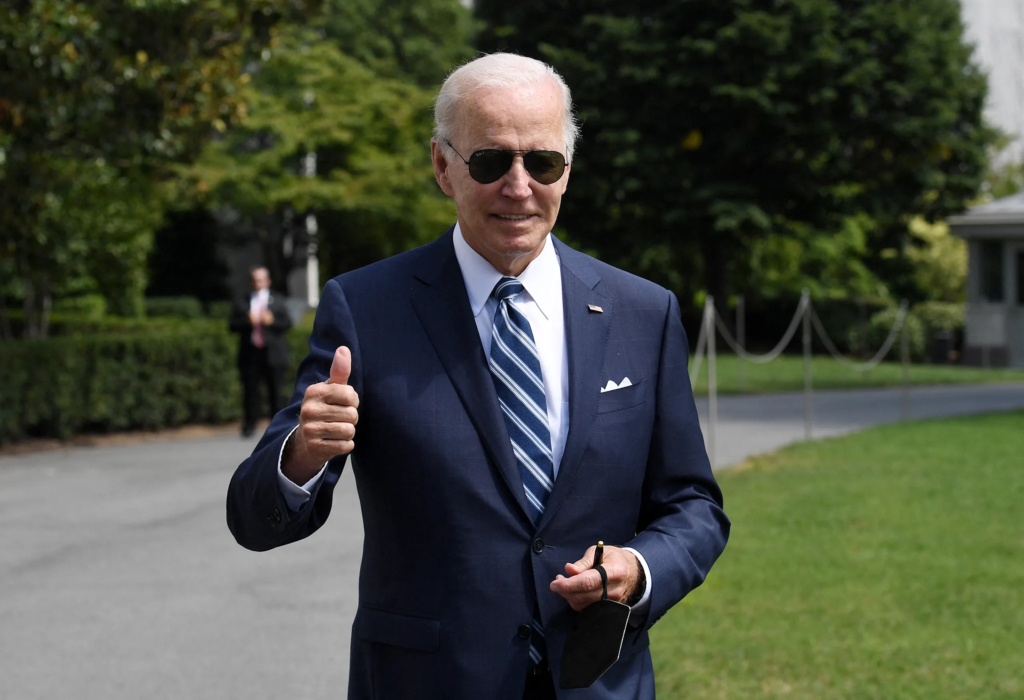
As the President of the United States, Joe Biden’s background in political science and law forms the foundation of his long career in public service. Biden’s leadership is focused on addressing domestic challenges like political polarization and climate change, as well as reinforcing international alliances.
2. Xi Jinping – President of China
Education: Bachelor of Chemical Engineering from Tsinghua University; Doctorate in Marxist Theory from Tsinghua University.

Xi Jinping’s combination of engineering expertise and ideological training in Marxist theory has heavily influenced his approach to leadership. His policies reflect a strong commitment to technological advancement, economic reform, and an increasingly assertive stance on global issues.
3. Vladimir Putin – President of Russia
Education: Law degree from Leningrad State University (now Saint Petersburg State University); PhD in Economics from the St. Petersburg Mining Institute.

Vladimir Putin’s legal and economic education is central to his authoritarian style of governance, where he maintains centralized power and adopts strategic foreign policy decisions. Putin’s tenure has seen Russia assert itself on the global stage, often through military and economic maneuvers.
4. Narendra Modi – Prime Minister of India
Education: Bachelor of Arts in Political Science from the School of Open Learning at the University of Delhi; Master of Arts in Political Science from Gujarat University.
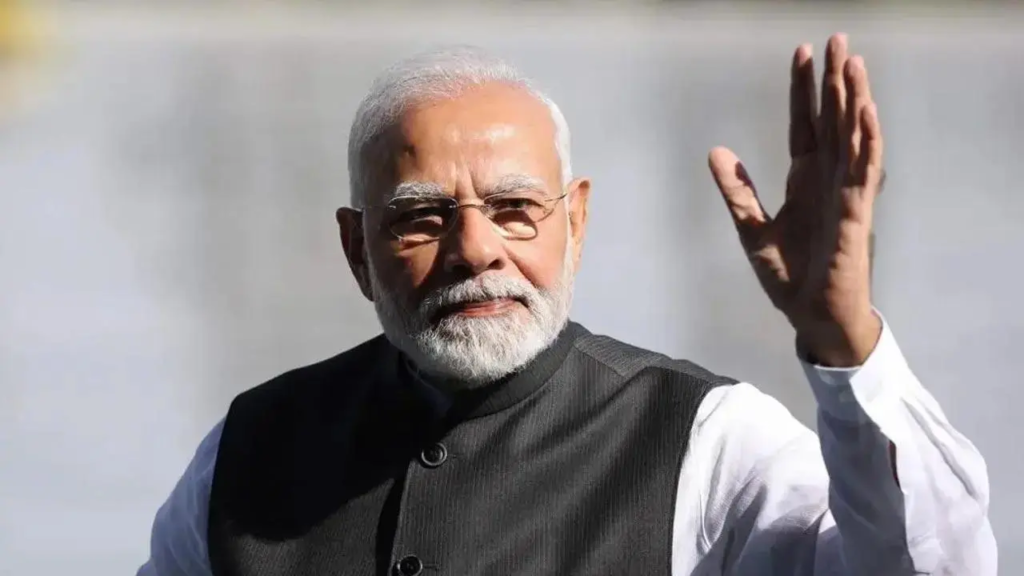
Narendra Modi’s academic foundation in political science, paired with his extensive political experience, drives his leadership in India. Modi focuses on economic reform, digital infrastructure, and enhancing India’s global standing as an emerging power.
5. Angela Merkel – Former Chancellor of Germany
Education: Doctorate in Physical Chemistry from the Central Institute for Physical Chemistry at the Academy of Sciences in East Berlin.
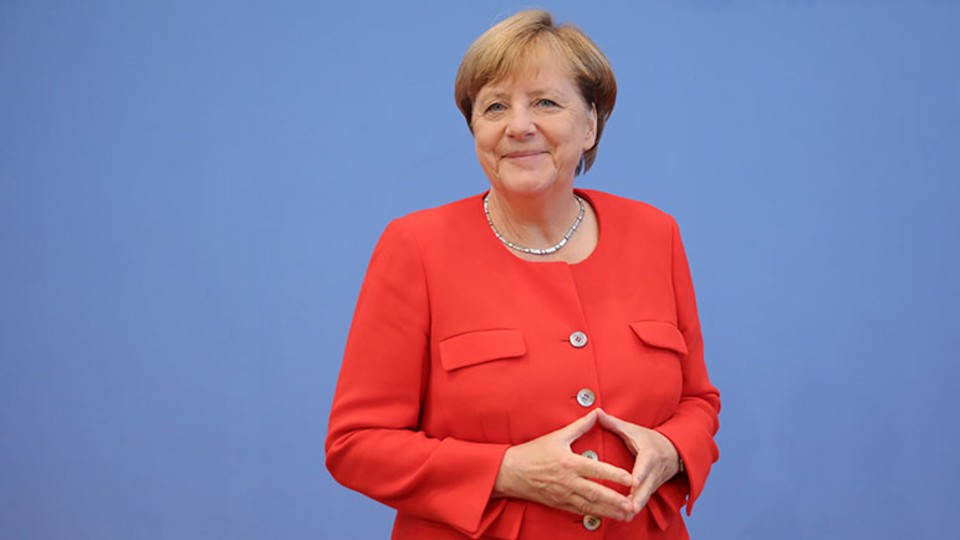
Angela Merkel’s academic background in chemistry shaped her methodical and pragmatic approach to governance. During her 16-year tenure as Chancellor of Germany, Merkel became known for her calm and analytical handling of crises, including the European financial crisis and the refugee crisis.
6. Emmanuel Macron – President of France
Education: Master of Public Affairs from Sciences Po; Degree from the École nationale d’administration (ENA).
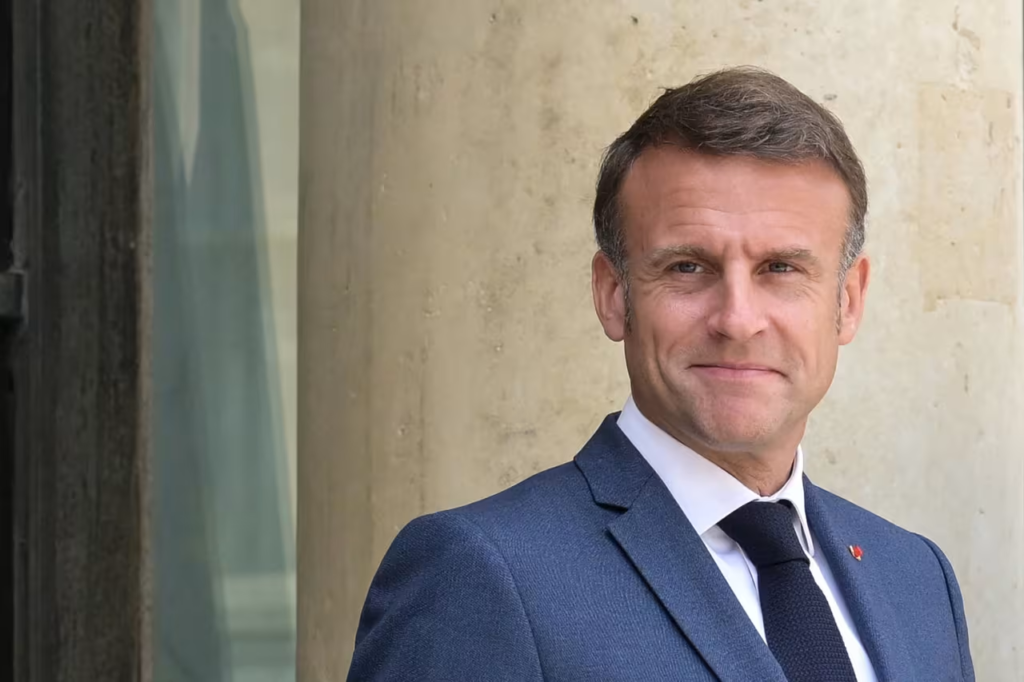
Emmanuel Macron’s elite education in public administration has played a crucial role in his leadership style, characterized by economic reform and active participation in European Union politics. Macron has focused on modernizing France’s economy and maintaining its influence in European and global affairs.
7. Justin Trudeau – Prime Minister of Canada
Education: Bachelor of Arts in Literature from McGill University; Bachelor of Education from the University of British Columbia.
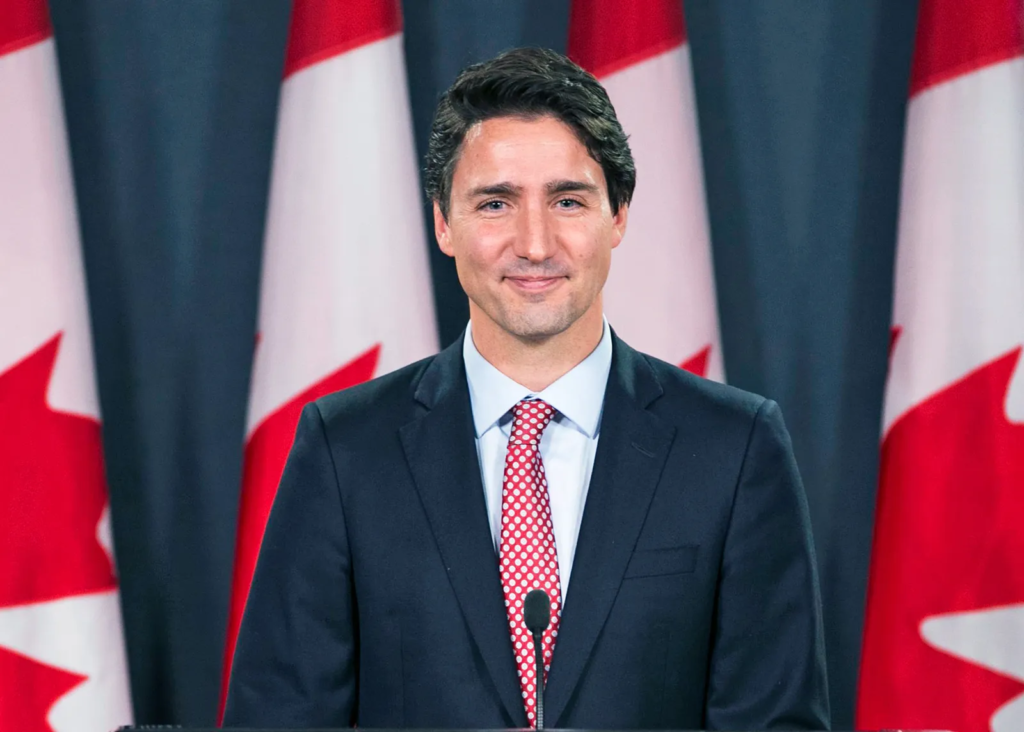
Justin Trudeau’s education in literature and education informs his progressive, inclusive leadership approach. His policies prioritize diversity, environmental protection, and social justice, positioning Canada as a leader in global human rights and climate change action.
8. Boris Johnson – Prime Minister of the United Kingdom
Education: Bachelor of Arts in Classics from Balliol College, Oxford.
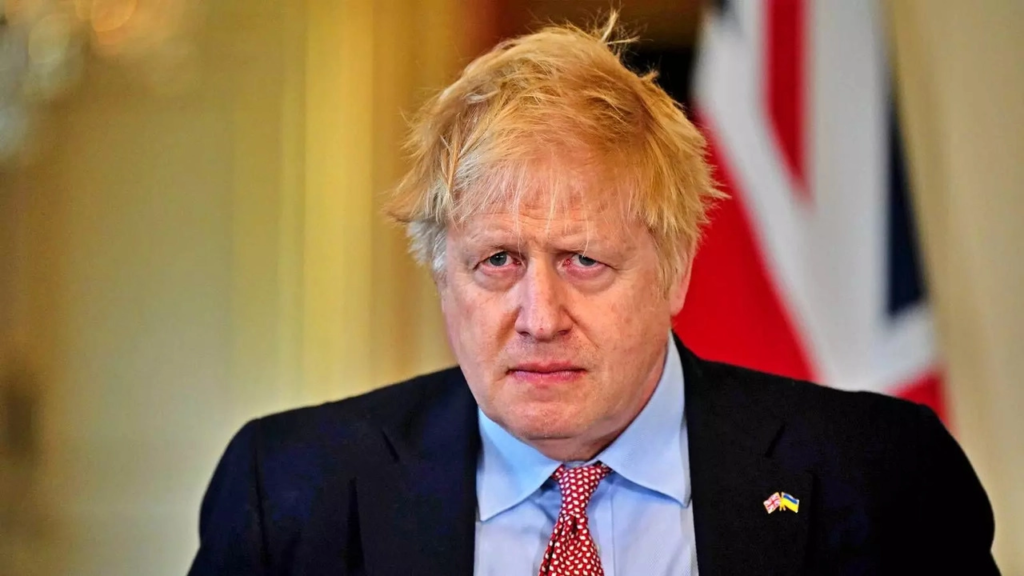
Boris Johnson’s classical education influences his rhetorical style and leadership, often drawing from historical and literary references. His tenure as Prime Minister has been dominated by the UK’s departure from the European Union (Brexit) and efforts to revitalize the nation’s economy and global standing.
9. Scott Morrison – Prime Minister of Australia
Education: Bachelor of Science (BSc) in Applied Economic Geography from the University of New South Wales.
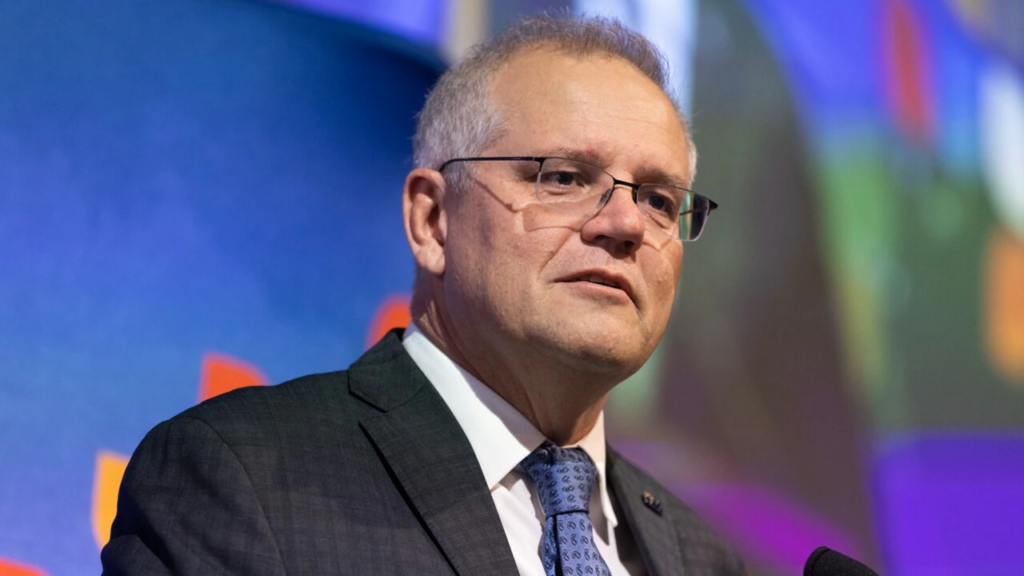
Scott Morrison’s background in economic geography informs his policy decisions, particularly regarding economic growth and immigration. As Prime Minister, Morrison has focused on economic recovery, national security, and positioning Australia within the shifting dynamics of the Asia-Pacific region.
10. Recep Tayyip Erdoğan – President of Turkey
Education: Degree in Management from Marmara University’s Faculty of Economics and Administrative Sciences.
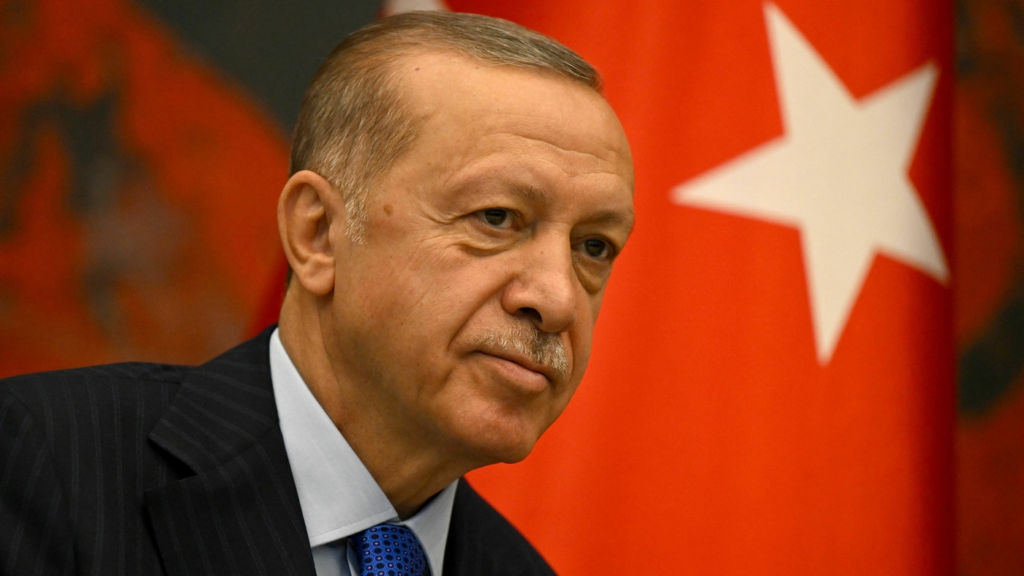
Recep Tayyip Erdoğan’s education in management underpins his long career in Turkish politics. His leadership is characterized by assertive foreign policy moves, economic reforms, and controversial political changes aimed at centralizing power.
These leaders, equipped with various educational backgrounds, have not only shaped the policies of their respective countries but have also influenced global politics. Their academic foundations, whether in law, economics, science, or political science, contribute significantly to their leadership style and policy decisions, making them some of the most influential figures in the world today.

